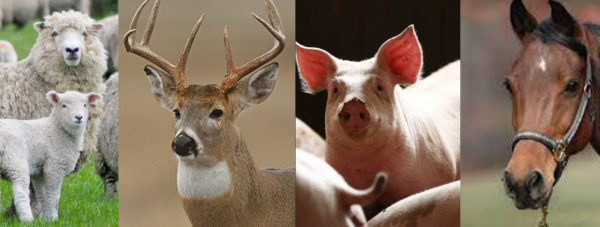
In the first two series of this topic, we have discussed the goodness of sheep and deer placenta and their differences. But how about pig and horse placenta? Are they equally good?
Japan commonly breeds and produces SPF pig (Specific Pathogen Free). It is often used in cosmetics, health food products and supplements as it has vital nutritional goodness such as protein, lipid, carbohydrate, various enzymes, minerals and vitamins. The good thing about pig placenta is it is more affordable compared to other animal placentas.
Then how about horse placenta? Due to its rarity of birth rates (one at a birth), it is not easy to cultivate its placenta although Japan is the common place for thoroughbred horses. The nutritional goodness include protein, lipid, carbohydrate, mineral, amino acid and various enzymes. However, compared to pig placenta, horse placenta has higher concentration of amino acid. Nevertheless, it is still used for cosmetics and health supplements. In some cases, it may not be compatible with the body disposition of users and may cause acne, outbreak of extreme body heat.
All in all, whether it is sheep, deer, pig or horse placenta, users are most advisable to choose the placenta products that best suit their body system.
Recent Comments